I have two tables Customers and Country and use ( Entity Framework with vs 2012 )

And the model class
using System;
using System.Collections.Generic;
public partial class Customer
{
public int Id { get; set; }
public string FirstName { get; set; }
public string LastName { get; set; }
public string Address { get; set; }
public string Email { get; set; }
public string Phone { get; set; }
public Nullable<int> CountrryId { get; set; }
public string Note { get; set; }
public virtual Country Country { get; set; }
}
I try to build a select query for get all customers with Country Name. But I always get the below error message.
